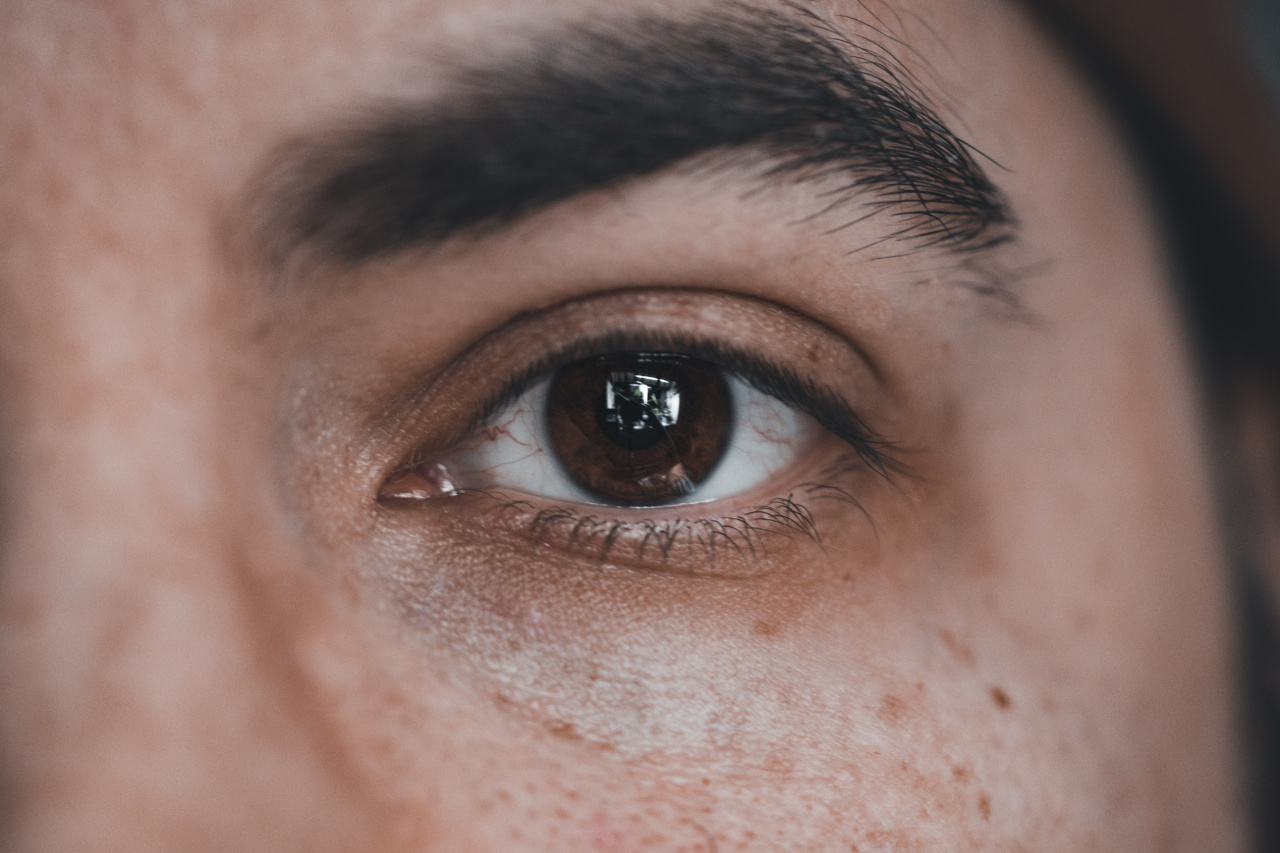Brown eyes are a beautiful feature that many people possess.
However, did you know that the color of your eyes can be an indication of certain health conditions or genetic factors? In this article, we will discuss ten possible causes of brown eyes and what they could signify.
1. Genetics
Genetics is the most common cause of brown eyes. The color of your eyes is determined by the amount and type of pigments in the iris. Inheriting genes from your parents that produce more melanin pigments will result in brown eyes.
The genetics of eyes are complex and depend on multiple genes, including OCA2 and HERC2.
2. Melanin Production
Eye color also depends on the amount of melanin produced by the iris. People with brown eyes usually have more melanin production than those with blue or green eyes.
Melanin protects the eye from sun damage and helps improve vision in bright light conditions.
3. Sun Exposure
Exposure to UV light from the sun can cause the production of more melanin in the iris and result in darker eye color. In some cases, people with light-colored eyes may experience a change in eye color due to sun exposure.
This can be a sign of sun damage to the eyes.
4. Age
As we age, our eyes undergo changes that can affect eye color. It is common for eyes to become darker as we get older. This is due to changes in the amount of melanin pigment produced by the iris.
5. Hormonal Changes
Hormonal changes in the body can also affect eye color. During pregnancy, the hormone levels in women can fluctuate and lead to changes in eye color. Other hormonal changes, such as those during puberty, may also affect eye color temporarily.
6. Diseases
Some diseases can affect eye color, such as Horner’s syndrome. This condition can cause a change in eye color due to damage to the nerves that control the iris muscles. It can also cause other symptoms such as drooping eyelids and a small pupil.
7. Medications
Some medications can cause changes in eye color. For example, latanoprost, a medication used to treat glaucoma, can cause darkening of the iris over time. Other medications such as certain chemotherapy drugs may also cause changes in eye color.
8. Trauma
Injury to the eye can also cause a change in eye color. Trauma, such as a bruise or swelling, can cause blood vessels to rupture and affect the appearance of the iris. This can result in a temporary change in eye color.
9. Congenital Glaucoma
Congenital glaucoma is a rare condition that is present at birth. It affects the drainage system in the eye and causes increased pressure. This can result in damage to the optic nerve and changes in the eye, such as a cloudy cornea or an enlarged eye.
In some cases, it can also cause a change in eye color.
10. Albinism
Albinism is a genetic condition that affects the production of melanin pigment. It can result in extremely light or white skin, hair, and eyes.
People with albinism may have pink or blue eyes at birth, but over time, their eyes can change to a light brown color.






























